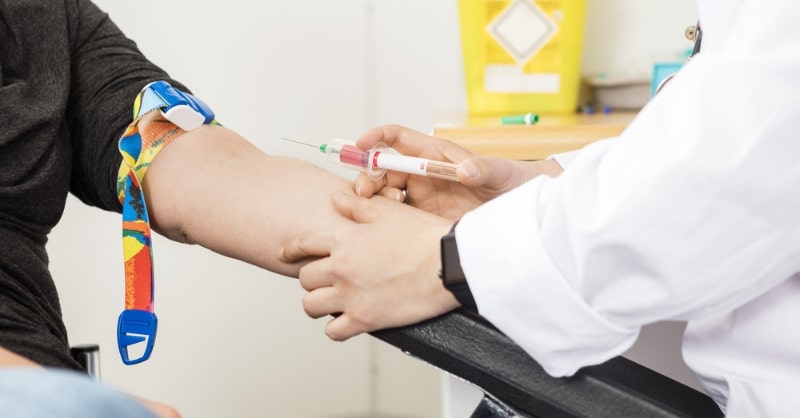4. Diagnostic Laboratories
Diagnostic laboratories for the most part depend on phlebotomists to collect customers’ blood samples. This is the second largest employment opportunity for phlebotomists after hospitals. In a diagnostics setting a phlebotomist needs to collect samples and label them accordingly before sorting them up for different tests. Diagnostic laboratories usually employ more than three phlebotomists. In some cases phlebotomists may be required to collect samples from out patients.
5. Research Laboratories
Research laboratories may employ any number of phlebotomists depending on the research project and funding. In a research setting phlebotomists work with a different criteria compared to hospitals and diagnostic labs. Research laboratories often need to collect samples that are time sensitive so phlebotomists may be called in for late night or early morning sample collections. Research laboratories do not have a fixed salary since the operating costs depend on the research projects budget. However, working at a research laboratory allows phlebotomists to interact with top researchers and graduate students that makes it more rewarding for individuals not interested in working in health care.
6. Old age homes
Old age homes employ one or two phlebotomists with at least one being a supervising phlebotomist. Old age homes monitor the health conditions of elderly residents on a regular basis so having an in house phlebotomist reduces the hassle involved in having someone come in from third party institutions. Working in old age homes as a phlebotomist means you need to be comfortable drawing blood from elderly folks and interact with them.
7. Blood Banks
Blood banks require phlebotomists for the obvious reasons. Blood transfusions require phlebotomists to match donor and recipient samples. For this reason additional training in blood grouping and pathology may be necessary. Phlebotomists working for blood banks often participate in Blood donation campaigns outside the blood bank facility. Working for blood banks is one of the most satisfying work places as a phlebotomist because you get to provide help to people of all ages both healthy and sick.


![]() 8 minutes
8 minutes
































